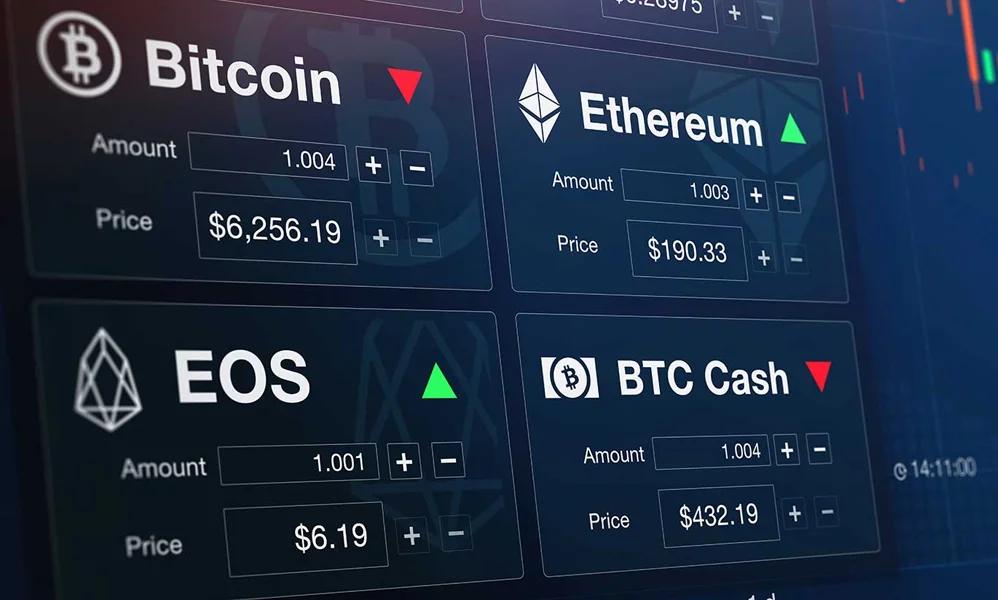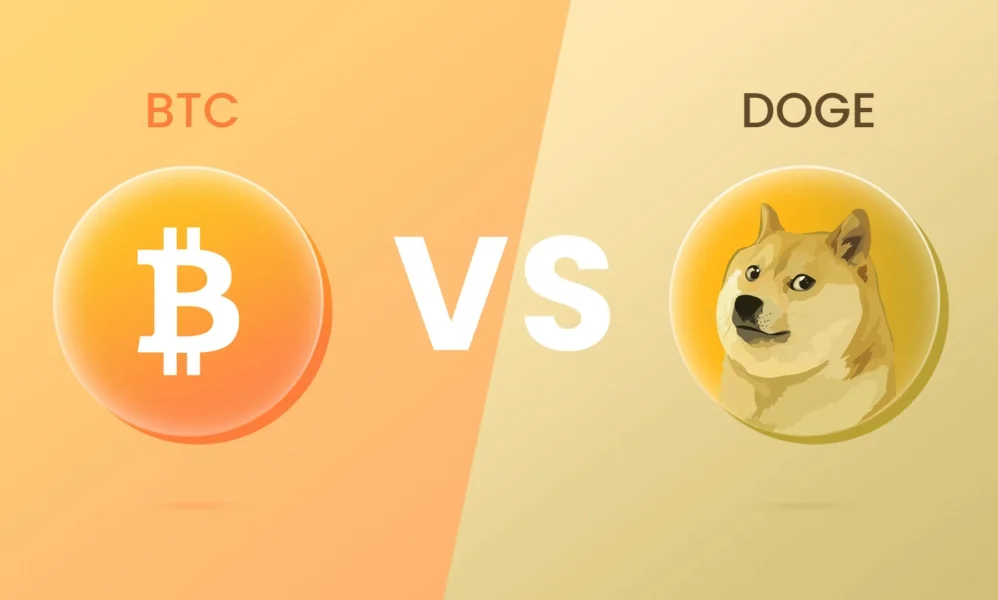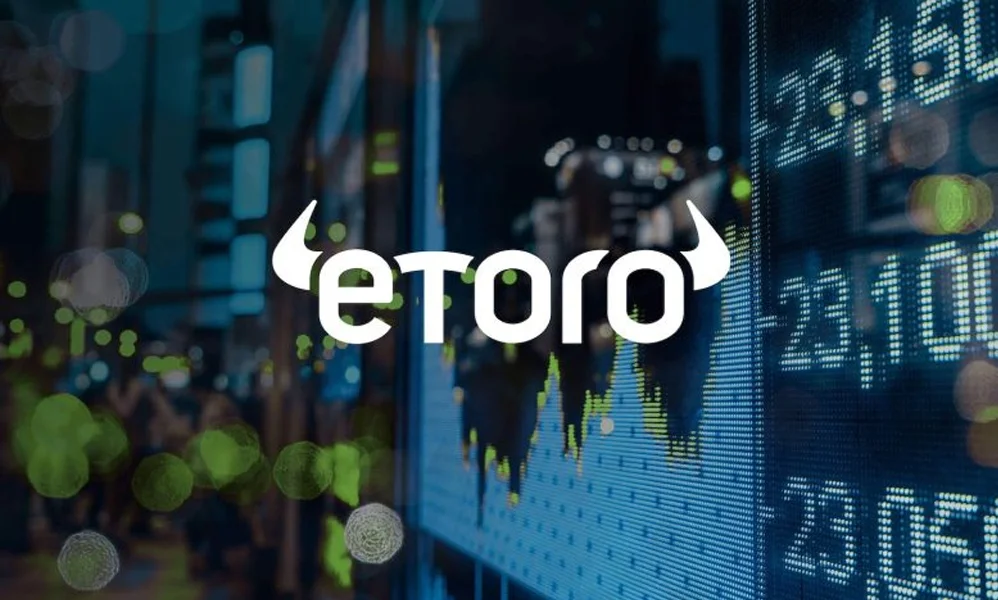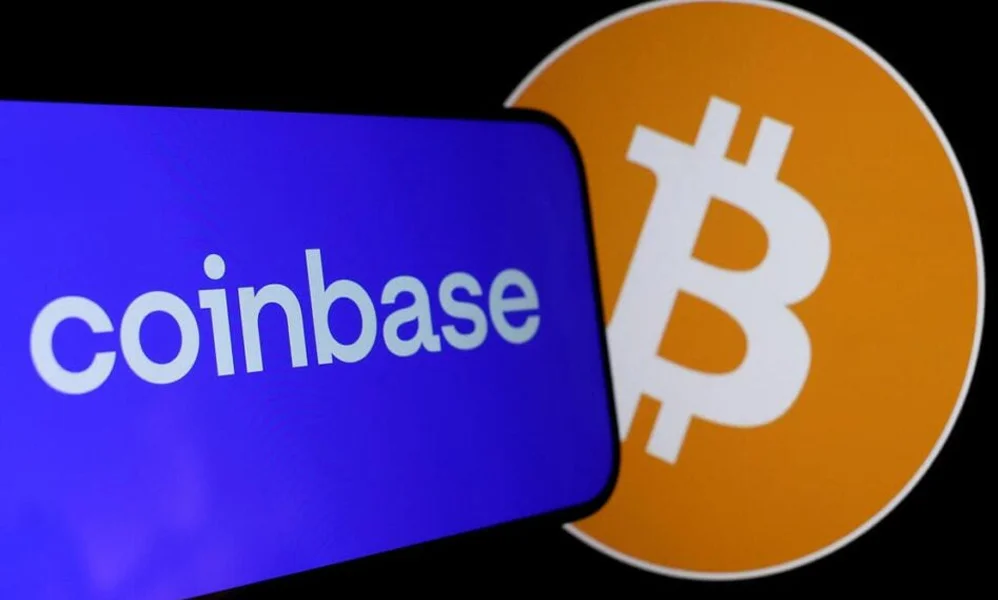Choosing the right Bitcoin exchange depends on several factors, including security, fees, liquidity, user experience, and legal regulations in your location. Below is a detailed analysis of some of the top global Bitcoin exchanges to help you make an informed decision.

Binance
Advantages:
One of the largest exchanges: Binance is one of the largest cryptocurrency exchanges by trading volume worldwide, offering very high liquidity, meaning that buying and selling Bitcoin is fast, with minimal price fluctuations.
Low trading fees: The transaction fees are generally around 0.1%, and users can further reduce fees by using the platform's native token, BNB.
Extensive cryptocurrency support: Besides Bitcoin, Binance supports hundreds of other cryptocurrencies and trading pairs.
Feature-rich: It offers spot trading, futures contracts, margin trading, staking, lending, DeFi products, and more to meet the needs of various users.
High security: Binance has strong security features, including two-factor authentication (2FA) and an insurance fund (SAFU) to protect user assets.
Disadvantages:
Regulatory challenges: In some countries, such as the United States, Binance faces regulatory hurdles. Users need to confirm if it’s allowed in their location.
Complex interface: The platform may seem complicated to beginners due to its wide range of features.
Coinbase
Advantages:
Beginner-friendly: Coinbase offers a simple user interface, making it ideal for newcomers to cryptocurrency investing.
High security: As a publicly traded company, Coinbase is subject to strict U.S. financial regulations, ensuring high security standards and offering insurance to users.
Fiat gateways: Users can easily purchase Bitcoin using credit cards, debit cards, and bank transfers, making it convenient.
Coinbase Pro: Provides lower fees and more advanced trading tools for experienced users.
Disadvantages:
Relatively high fees: Compared to other platforms, Coinbase has higher fees (usually between 1.5% and 4%), especially when buying Bitcoin with a credit card.
Limited asset variety: While supporting Bitcoin and other major cryptocurrencies, the range of supported coins is smaller.
Kraken
Advantages:
High security: Kraken is known for its strong security record, with no major security incidents.
Available globally: Kraken operates in multiple countries and supports deposits and withdrawals in various fiat currencies like USD and EUR.
Low fees: It offers relatively low fees, making it popular among high-frequency traders and institutional users.
Rich toolset: Supports spot trading, futures, margin trading, and more, catering to users of all levels.
Disadvantages:
User experience: Compared to Coinbase, Kraken's interface can be slightly more complex, requiring some time for beginners to get accustomed to.
Slow customer support: Some users report slower response times during peak traffic periods.
Gemini
Advantages:
Strict regulation: Founded by the Winklevoss brothers, Gemini is regulated by the New York Department of Financial Services (NYDFS), providing a secure and compliant trading environment.
High security: The platform prioritizes security with cold wallet storage and rigorous identity verification processes.
User-friendly: Its interface is clean and easy to use, and it offers powerful trading tools and cryptocurrency custody services.
Disadvantages:
Higher fees: Gemini's fee structure is relatively high, especially for smaller trades.
Limited coin variety: Compared to other exchanges, Gemini supports fewer cryptocurrencies, focusing on major coins like Bitcoin and Ethereum.
KuCoin
Advantages:
Global reach: KuCoin serves a global user base, supports multiple fiat currencies for deposits and withdrawals, and offers services in several languages.
Low fees: KuCoin has relatively low trading fees, similar to Binance, and offers discounts when using its platform token (KCS) for fees.
Wide variety: It supports hundreds of cryptocurrencies, making it suitable for users interested in diversifying their crypto investments.
Disadvantages:
Regulatory risks: KuCoin faces some regulatory uncertainty, so users should carefully check the legal requirements in their region.
Security incident history: In 2020, KuCoin experienced a hacking incident. Although the platform compensated users and strengthened security measures, it remains a factor to consider.
Bybit
Advantages:
High liquidity: Bybit has large contract trading volumes and good liquidity, making it suitable for high-frequency traders.
Low fees: The platform offers competitive fees, especially for futures contracts and margin trading.
No KYC policy: Bybit allows users to trade without submitting identity verification, appealing to privacy-conscious users.
Disadvantages:
High risk: Bybit mainly focuses on leveraged trading, which can lead to significant losses in the highly volatile crypto market, especially for beginners.
No fiat support: Bybit does not support direct fiat deposits, so users must acquire cryptocurrency through other channels.
Considerations when choosing a platform
Security: Choose exchanges with strong security measures like two-factor authentication (2FA) and cold wallet storage.
Liquidity: The trading volume on an exchange determines how easily you can buy and sell. High liquidity means smaller price gaps and faster transactions.
Fees: Each platform has a different fee structure. In the long run, low-fee platforms can save you a lot of costs.
User experience: Some platforms, like Coinbase, are better suited for beginners, while others like Kraken and Binance are more appropriate for advanced traders.
Fiat support: If you plan to buy Bitcoin directly with fiat, platforms like Coinbase and Gemini are more convenient.
Editor’s recommendation
If you're a beginner, Coinbase is a great starting point. While it has higher fees, it's user-friendly and highly regulated. If you prioritize lower fees and a diverse trading experience, Binance or KuCoin may be more suitable. For those focused on compliance and security, Gemini and Kraken are excellent choices.
Related Articles

Differences between Bitcoin and Dogecoin
Bitcoin and Dogecoin are two different cryptocurrencies. Although they share some similarities, there are significant differences at their core. Bitcoin is the first cryptocurrency, designed to be a decentralized digital currency primarily used for value storage and transactions, with a total supply capped at 21 million coins.
October 10, 2024
Future Development Trends of Bitcoin: Increased Global Acceptance and Market Outlook
The future development trends of Bitcoin may focus on several aspects: as global acceptance of digital assets increases, countries will establish clear regulatory policies to promote its legalization
October 9, 2024
How to Buy Bitcoin on the Etoro App?
The most basic way to buy Bitcoin on the Etoro app is to first log into your Etoro account, then search for "BTC" or "Bitcoin" on the market page, and select the Bitcoin trading pair. Next, click the "Trade" button, enter the amount or quantity you want to purchase, set the stop loss and take profit levels (optional), and finally confirm and execute the trade. Please note that Etoro offers CFD trading rather than direct cryptocurrency purchases.
September 27, 2024
What is Fractal Bitcoin?
Fractal Bitcoin is emerging as a promising scalability solution that is gaining widespread attention. It constructs a multi-layered network structure through recursive virtualization technology, not only enhancing the scalability of Bitcoin but also ensuring a secure connection with the main network.
September 26, 2024
Coinbase Launches cbBTC: New Competition and Questions Arise in the Wrapped Bitcoin Market
With Wrapped Bitcoin (WBTC) facing a trust crisis, various competitive products have emerged in the market, among which Coinbase Wrapped BTC (cbBTC), launched by the largest cryptocurrency exchange in
September 25, 2024
